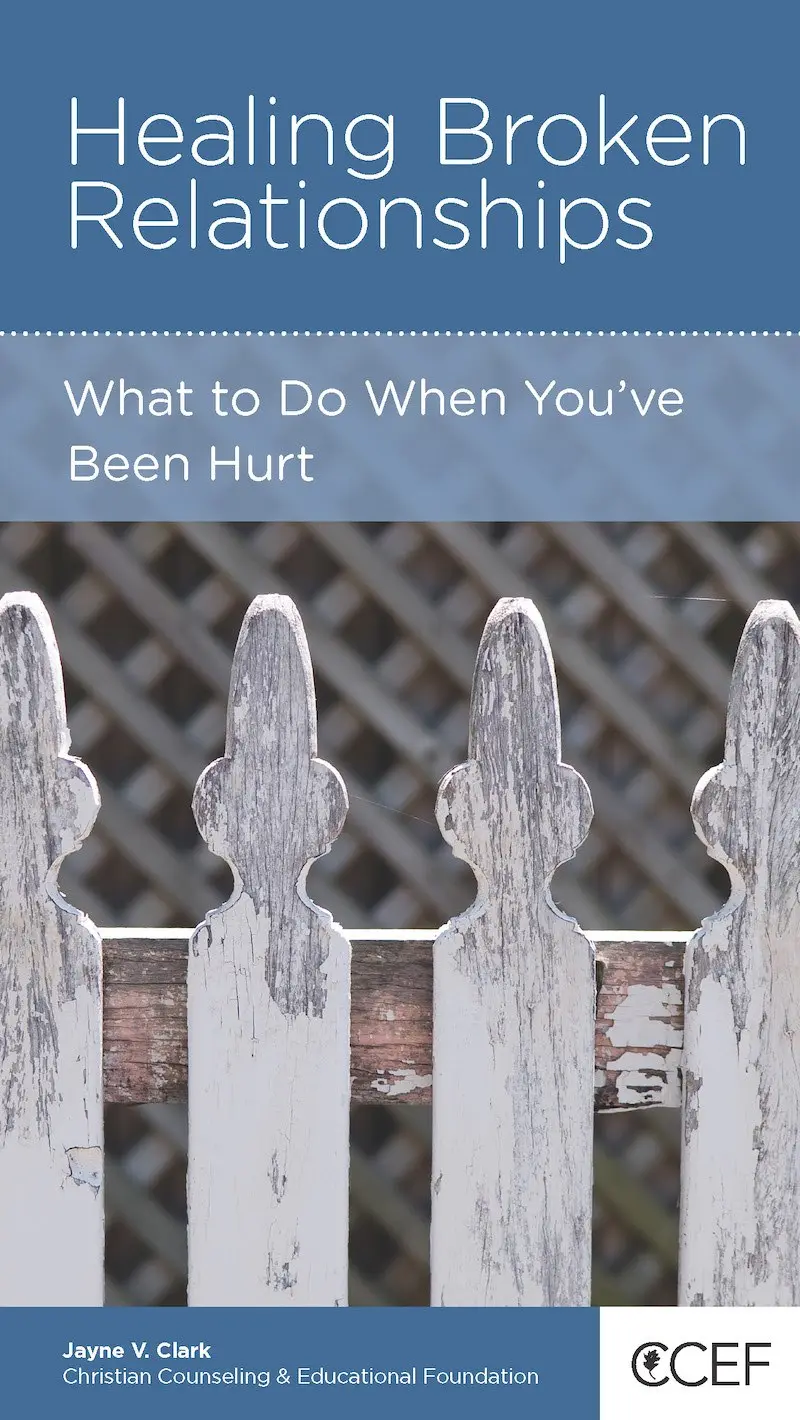
Relationships



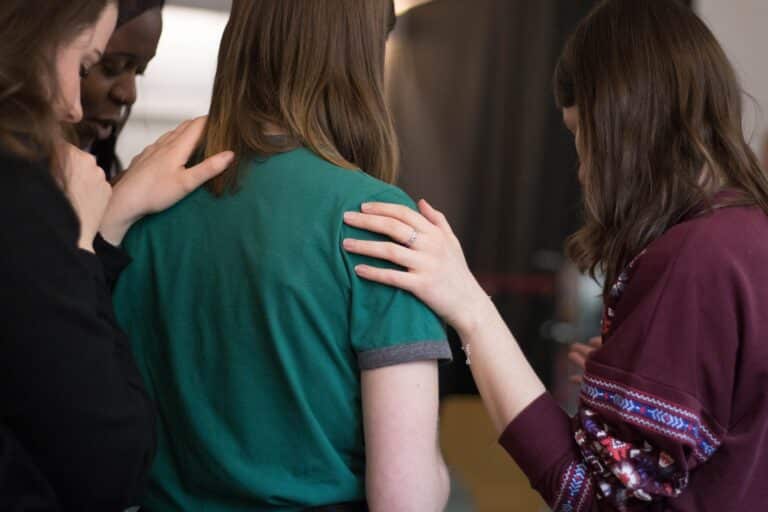
Relationship Struggles
Help & Resources For Relationship Struggles How the gospel transforms the ways we relate to others need help today? Relationships are both a blessing and a challenge, if most of us are honest. We love people, and we want love from them, yet we also avoid, use, abuse, and fear each other; that’s just for…

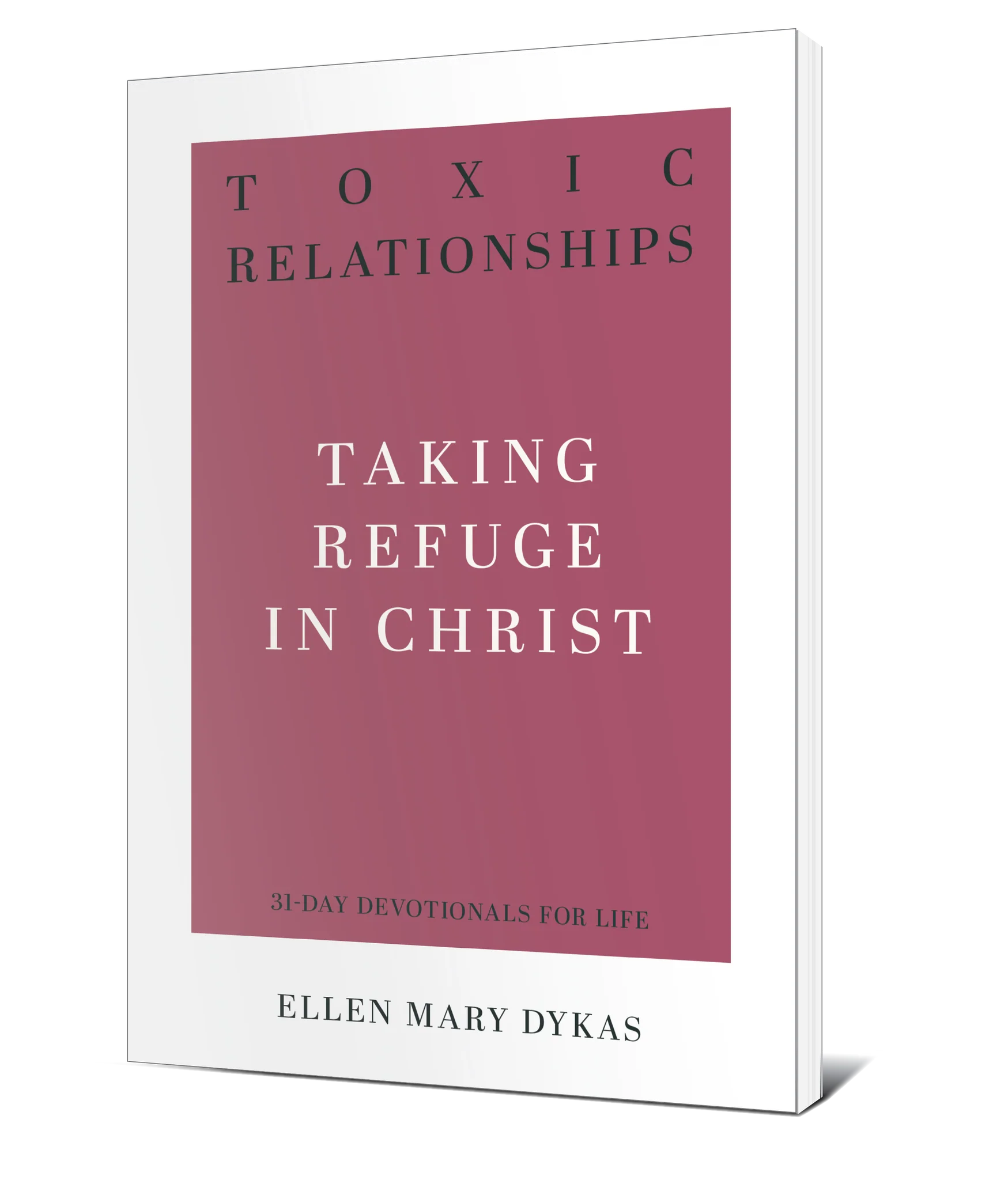
















Once Codependent, Always Codependent?
If you struggle with codependency and obsessive attachments, take heart! The Lord can help you and change you. To learn more about this topic, consider purchasing Sex and the Single Girl: Smart Ways to Care for Your Heart or Your Dating Relationship and Your Sexual Past: How Much to Share by Ellen Dykas. When you buy…

You Are Always Being Influenced
It’s not enough to simply think about desires and beliefs in a vacuum. Our context and our circumstances strongly shape what our hearts believe and desire. To learn more about this topic, consider purchasing one of our minibooks, Explaining LGBTQ+ Identity to Your Child by Tim Geiger and Raising Sexually Health Kids by David White….




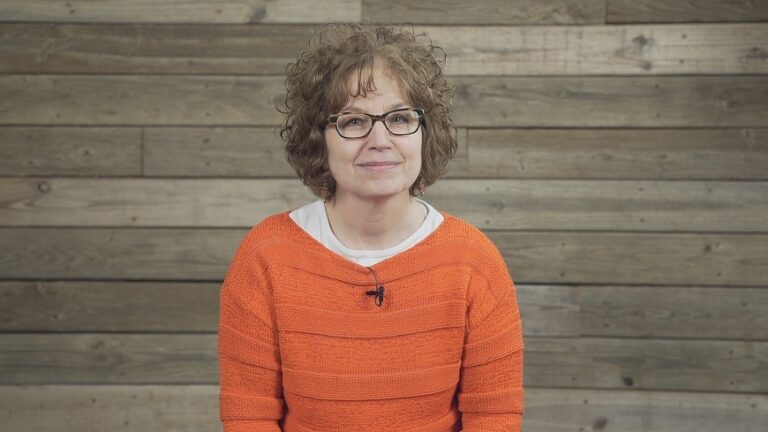
How Should I Handle Disappointments in My Relationships?
Relationships: We want so much from them, and when they fail to satisfy, they can crush us. We can spin off into deep disappointment and despair, and that can lead us down dark roads of self-destructive behavior. Listen to Ellen share three ways of rethinking disappointments that will encourage your heart and help you respond in…





Can Men and Women Be Friends?
In the Church, men and women are brothers and sisters in Christ. This means we can relate to one another as friends by sharing life together and helping one another run the race of faith. To learn more about biblical friendship, read Aimee Byrd’s blog, “Does a Woman’s Sexuality Hinder her Capability for Friendship?” You…


Gay or Transgender Child? Where Can A Christian Parent Go For Help?
In a Christian home, when a child identifies as gay or transgender, the hopes of a parent for their child are dashed. How do I relate to this child who is not the child I raised? How will we get along, when I cannot abandon what God’s Word says about sexuality? Where do I go…

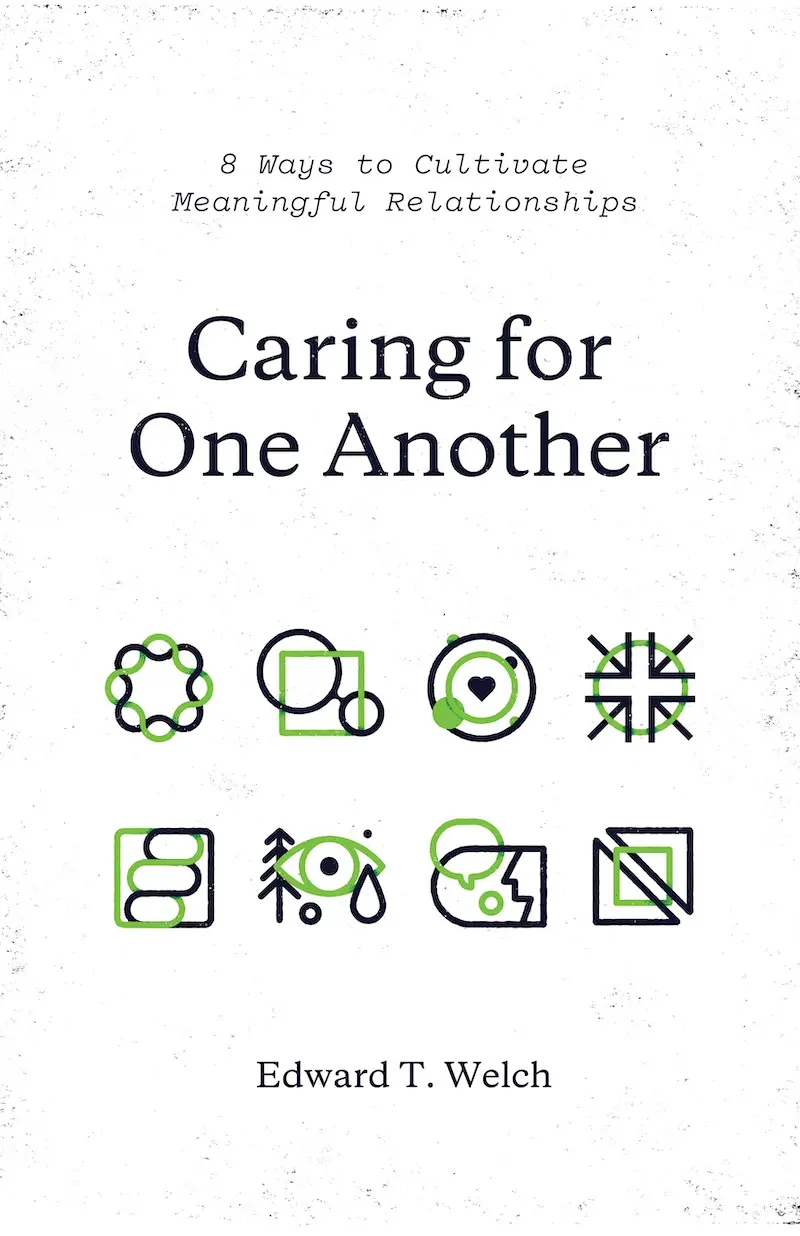



Emotional Affairs: When closeness becomes destructive – Part I
Friendships are great. We need them, and we are drawn to them. But some friendships can get too close, especially friendships that involve someone who is married to someone else. Do you know the warning signs if this is happening to you, or someone you know? Go deeper on this subject in Ellen’s blog: “Emotional…


Just What Is Godly Sex? – Part 2
Christians seem to know morality when it comes to pleasure, sex and sexuality, but most are not able to articulate the full picture of what God’s design for sex and sexuality is about. Dave White discusses his two-part blog on the need for Christians to understand the bigger picture that makes God’s boundaries for sex…

Just What Is Godly Sex?—Part 1
Christians seem to know morality when it comes to sex and sexuality, but most are not able to articulate the full picture of what God’s design for sex, sexuality, and pleasure is about. Dave White discusses his two-part blog on the need for Christians to understand the bigger picture that makes God’s boundaries for sex…



